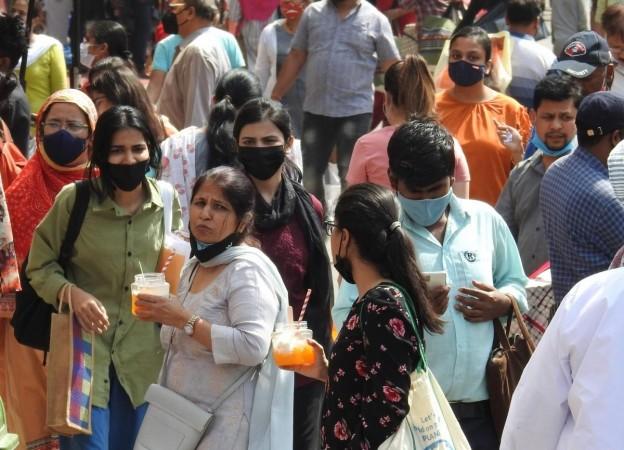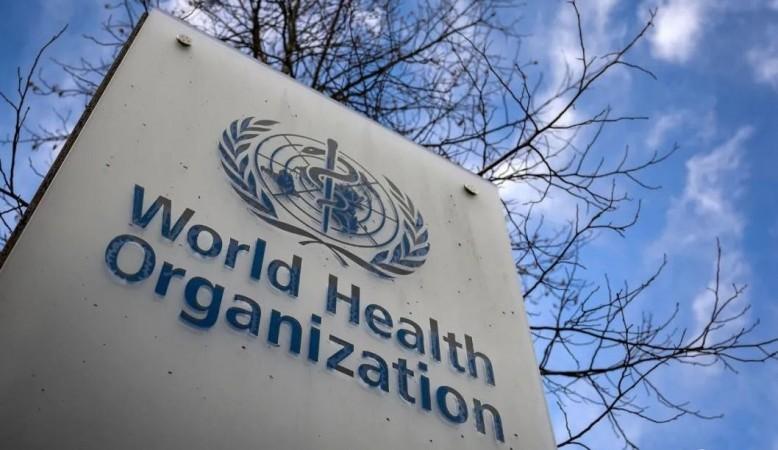The global Covid-19 caseload has surpassed 600 million, and is still continuing after it first broke out in early 2020, according to the latest data from the World Health Organization (WHO).
As of Friday morning, the overall caseload stood at 600,555,262, with a total of 6,472,914 deaths.
The US is the worst-hit country with the highest number of Covid cases and deaths at 93,216,822 and 1,034,719, respectively.

In terms of cases, India comes in second with 44,436,339, followed by Brazil with 34,414,011.
Brazil accounts for the second highest deaths at 683,851, while India in the third place with 527,911 fatalities.
In terms of WHO regional offices, Europe and the Americas have so far reported more than 248 million and 175 million confirmed cases, as well as 2,077,355 and 2,817,530 deaths, respectively.
The two regions combined account for over 70 per cent of the world's total confirmed cases and over 75 per cent of deaths.
One million deaths in 2022 so far
Though the weekly numbers of new Covid-19 cases and deaths have continued to decline, WHO Director-General Tedros Adhanom Ghebreyesus said last week that the world had passed "the tragic milestone of one million reported deaths so far this year", reports Xinhua news agency.

"We cannot say we are learning to live with Covid when one million people have died with Covid-19 this year alone, when we are two-and-a-half years into the pandemic and have all the tools necessary to prevent these deaths."
The WHO has called on all countries at all income levels to vaccinate those most at risk, and to ensure access to life-saving treatment, while continuing testing and sequencing of the virus.
Omicron remains the dominant variant, with the BA.5 sub-variant representing more than 90 per cent of sequences shared with the WHO.

However, the number of sequences shared per week has fallen by 90 per cent since the beginning of this year, and the number of countries sharing sequences has dropped by 75 per cent, making it difficult to understand how the virus might be changing.
With colder weather approaching in the northern hemisphere, Tedros has warned that an increase in hospitalisations and deaths from Covid-19 can be expected in the coming months.

















